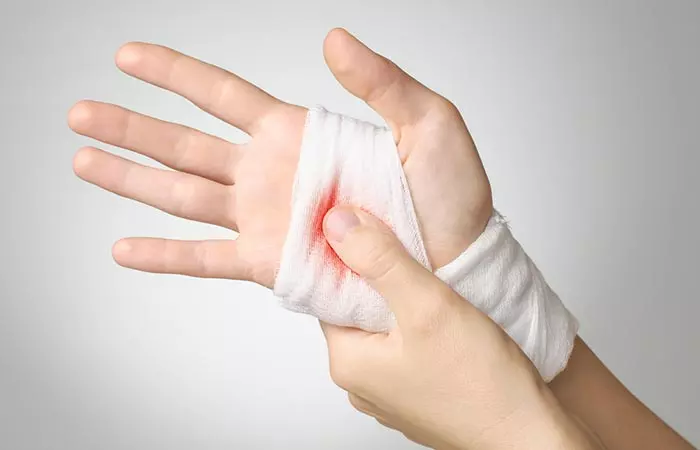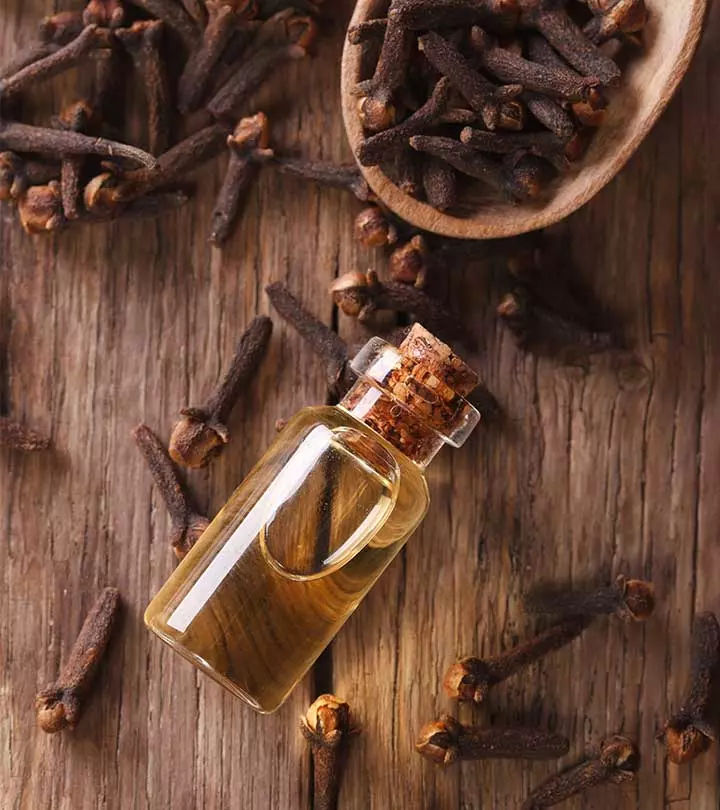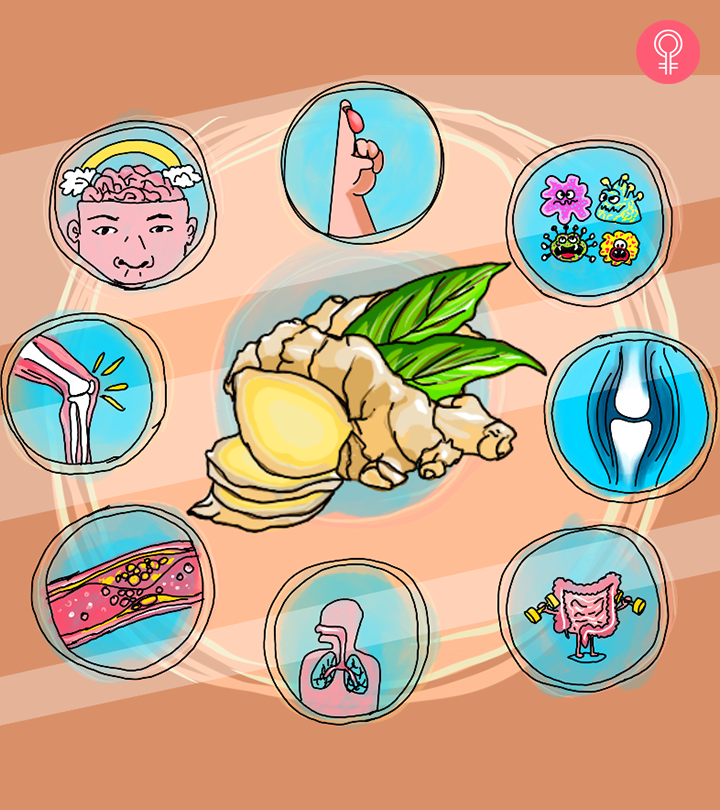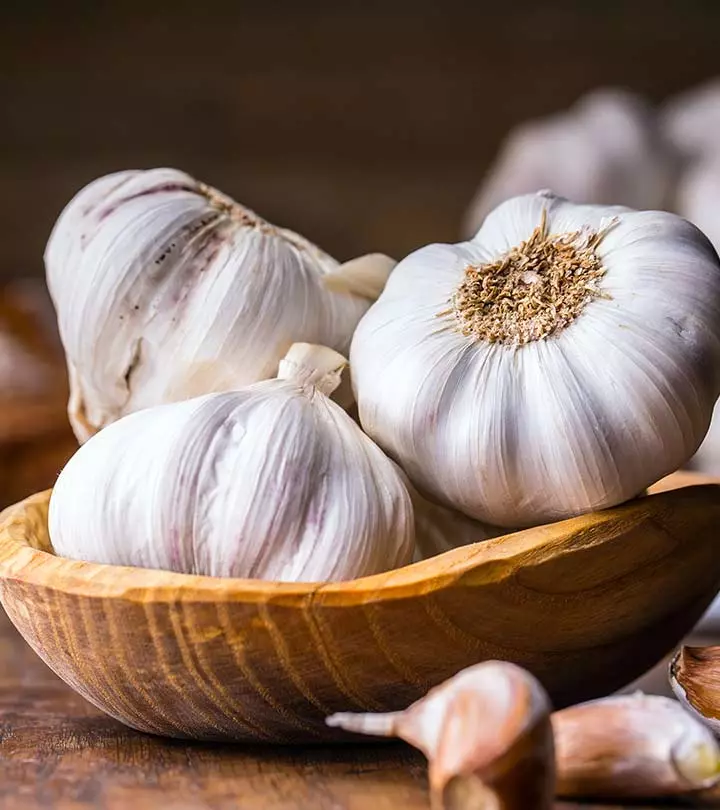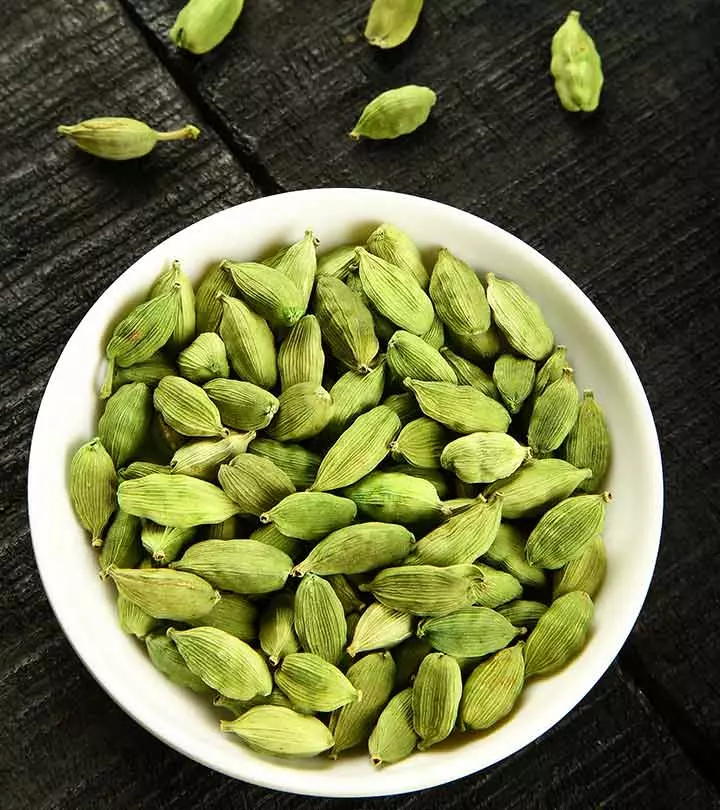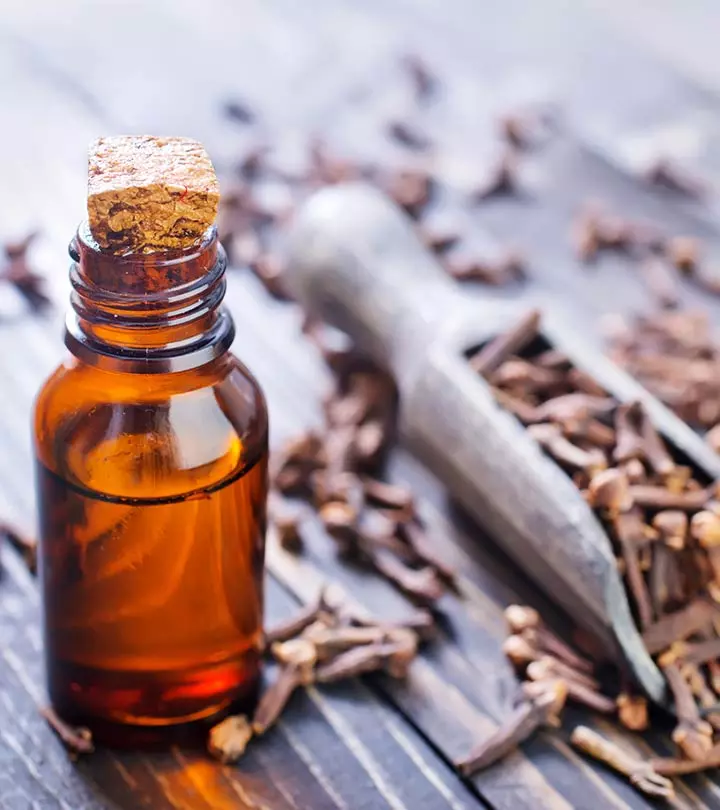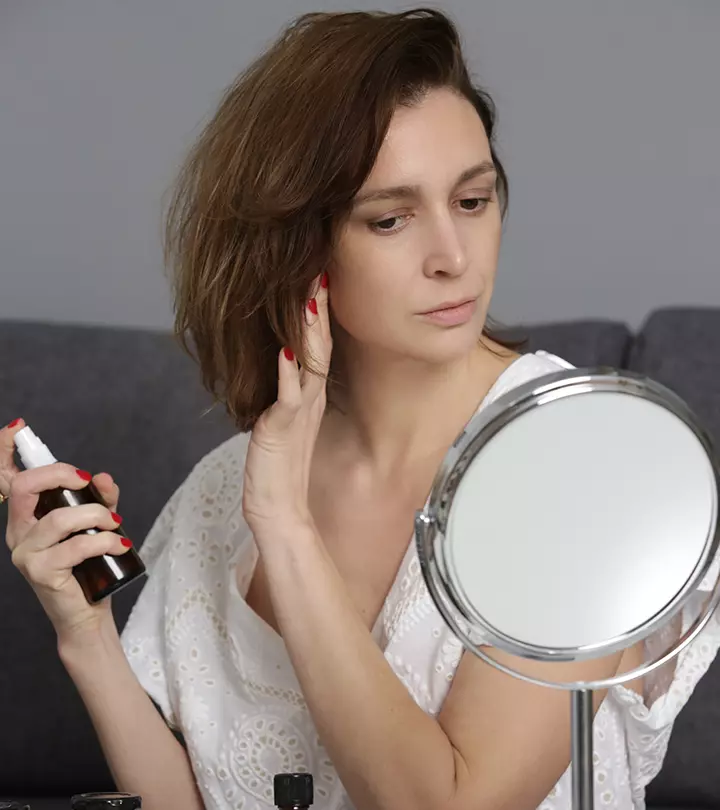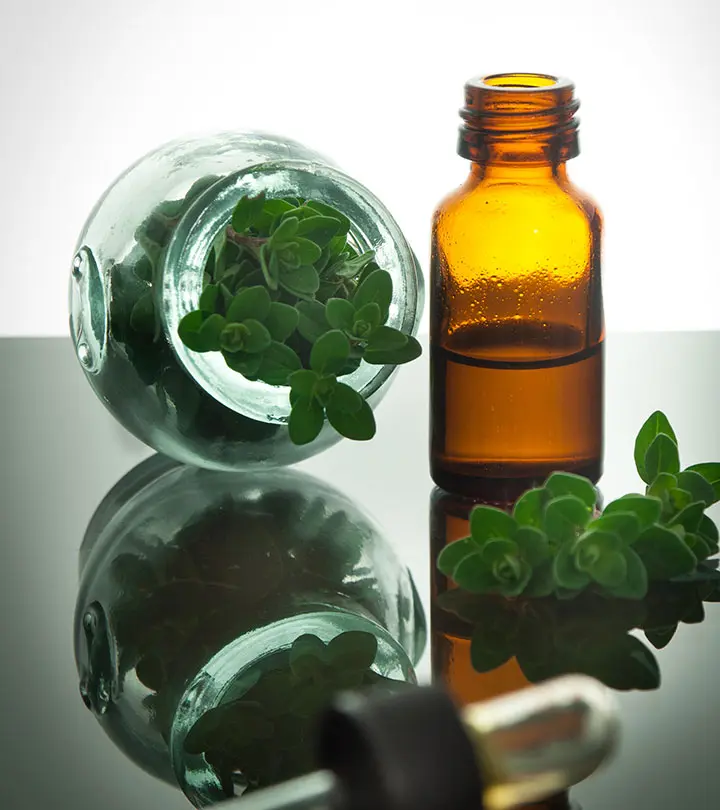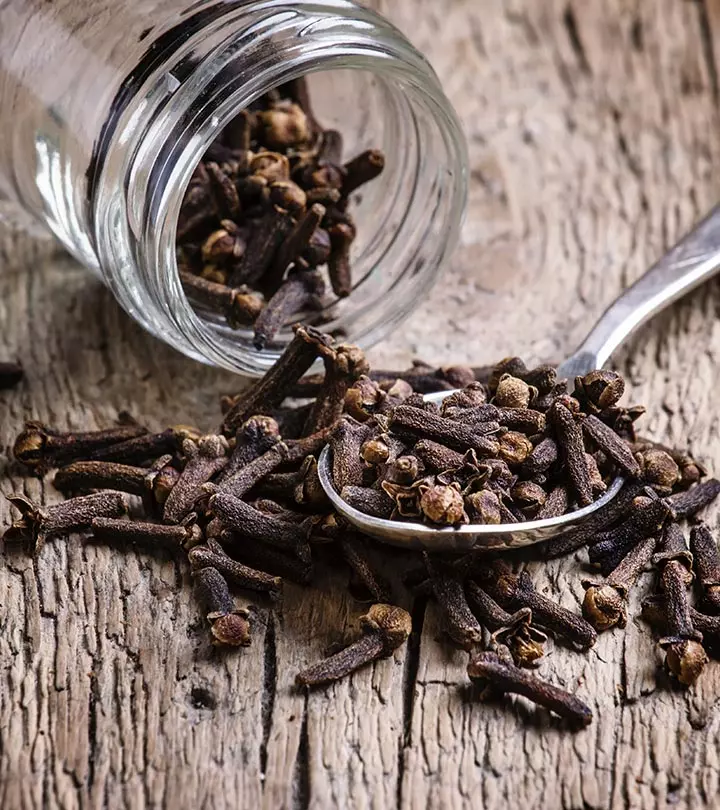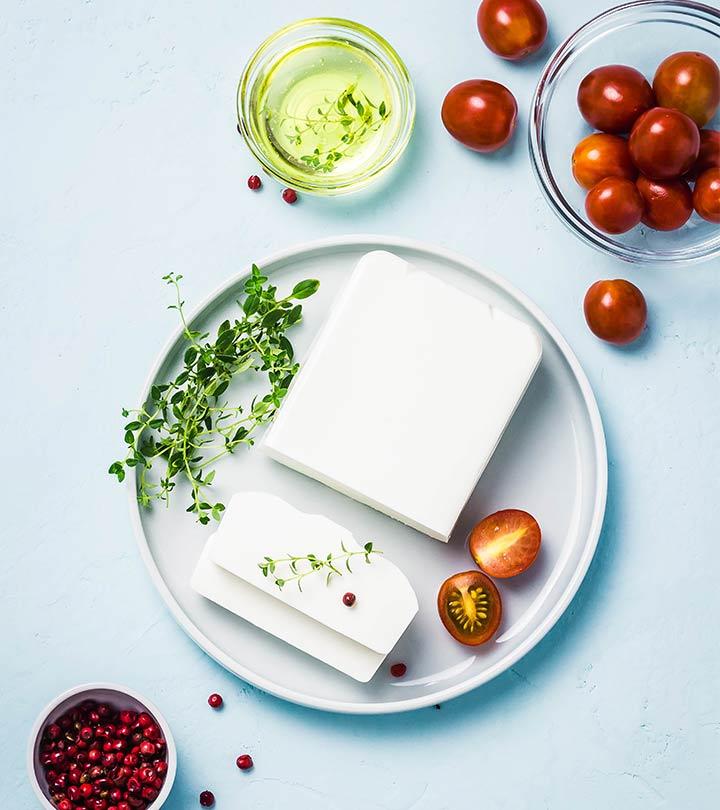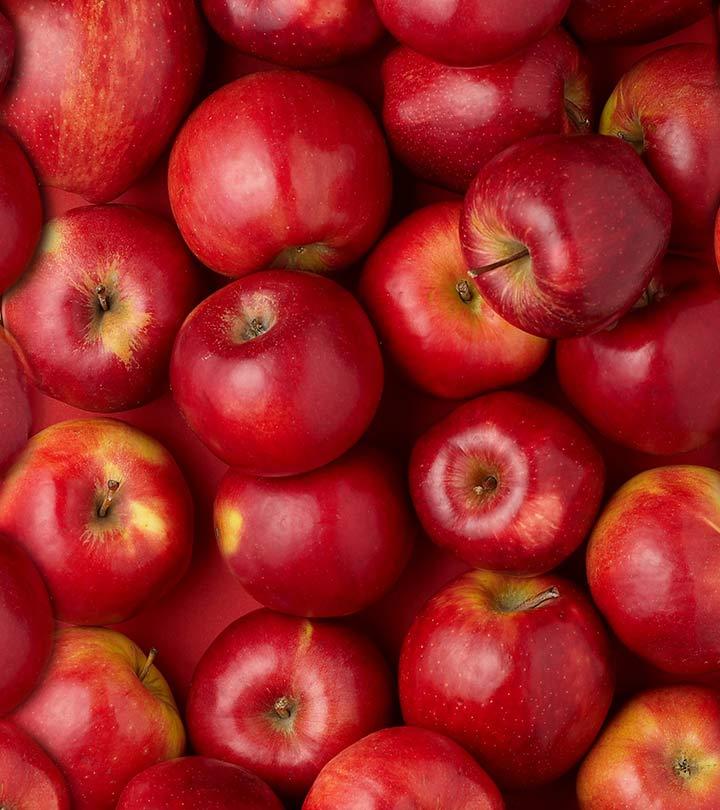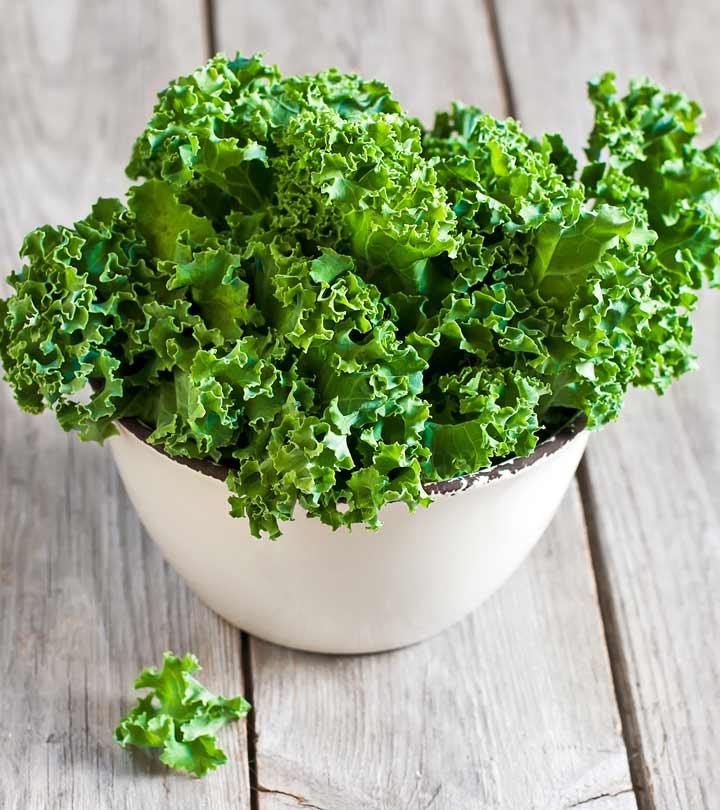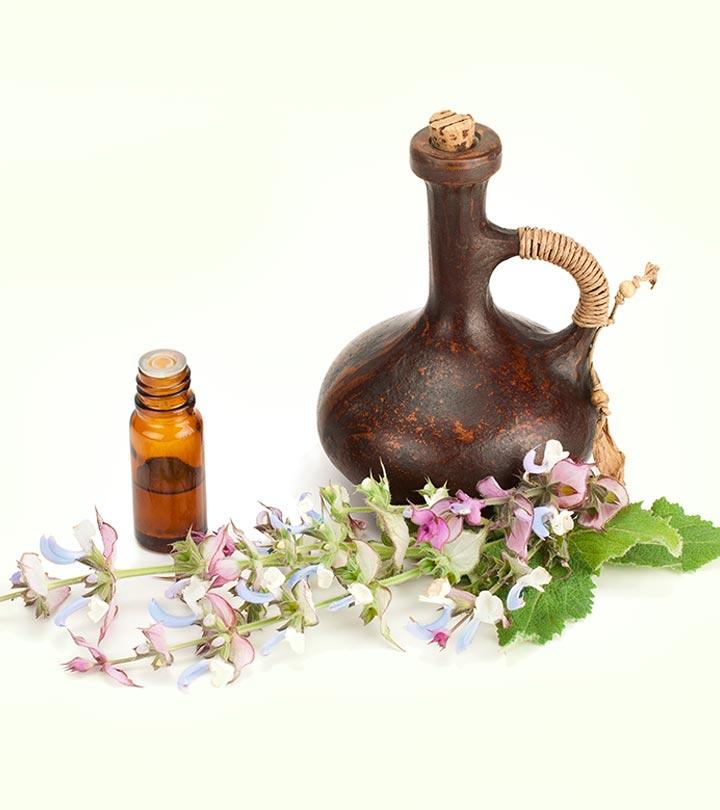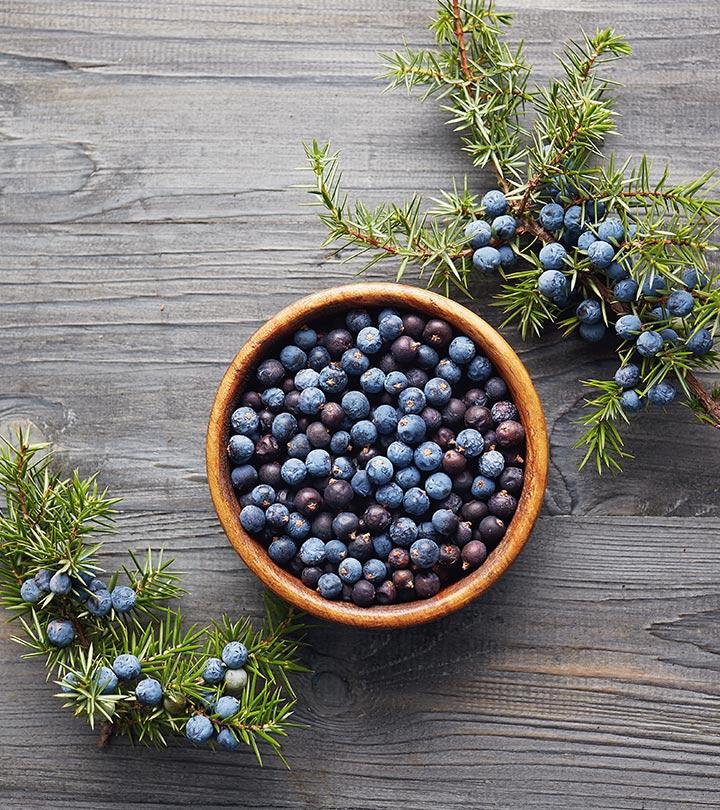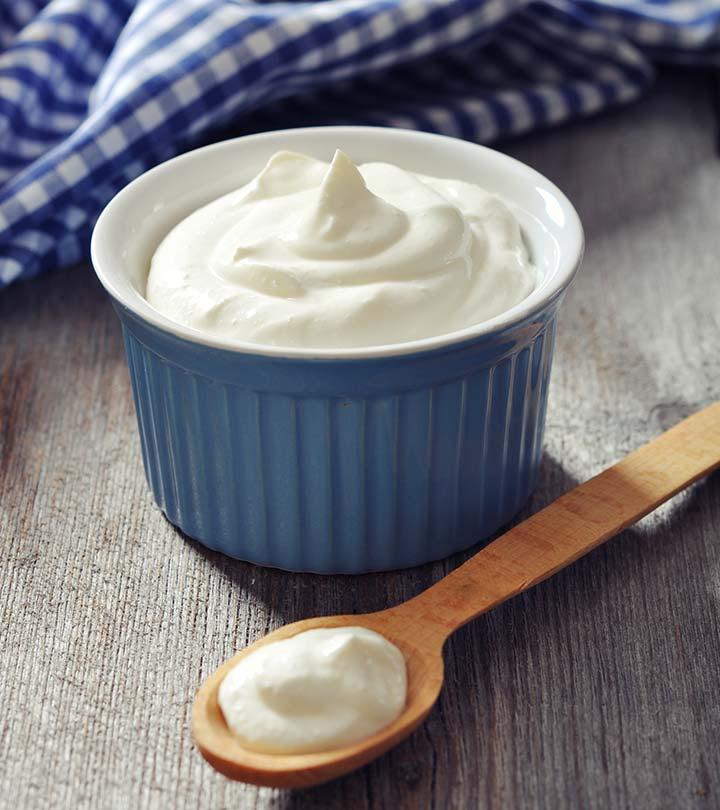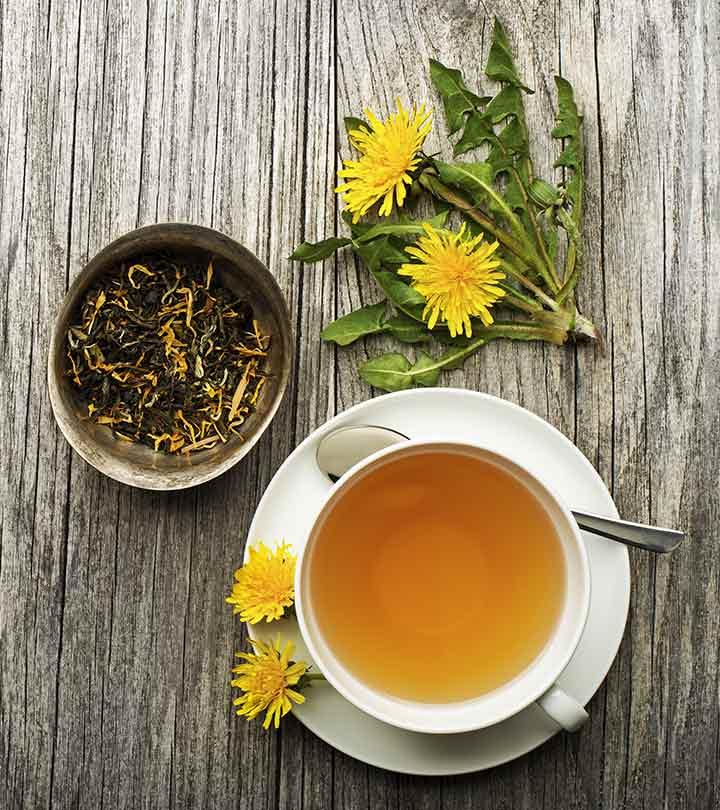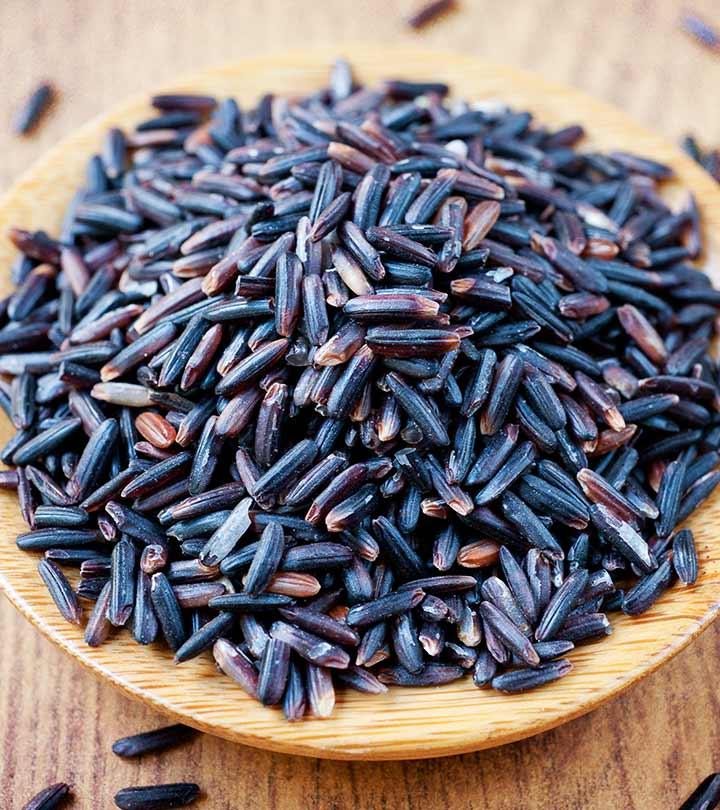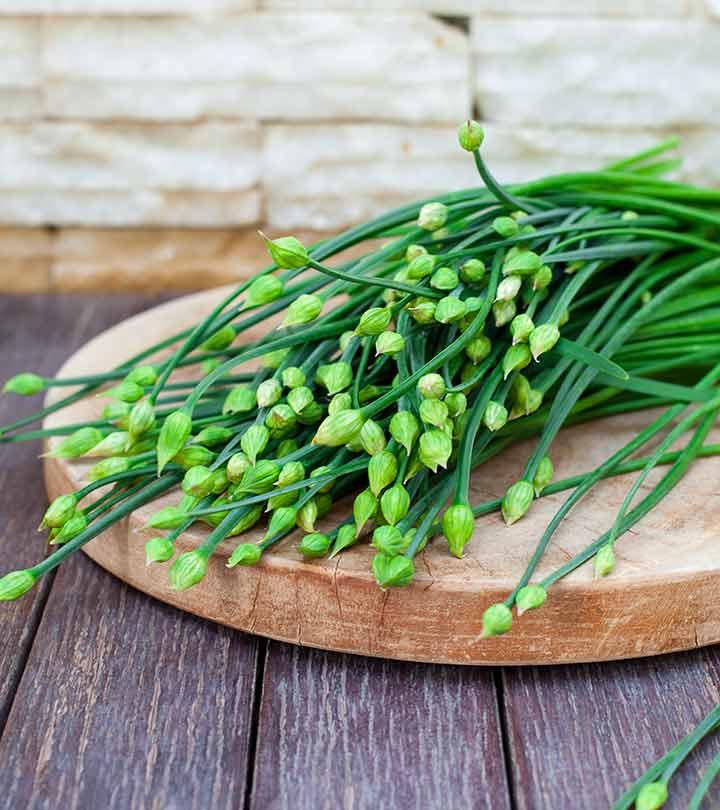Cloves: 5 Major Side Effects + Dosage
Get your facts straight before you add this spice to your wellness routine.
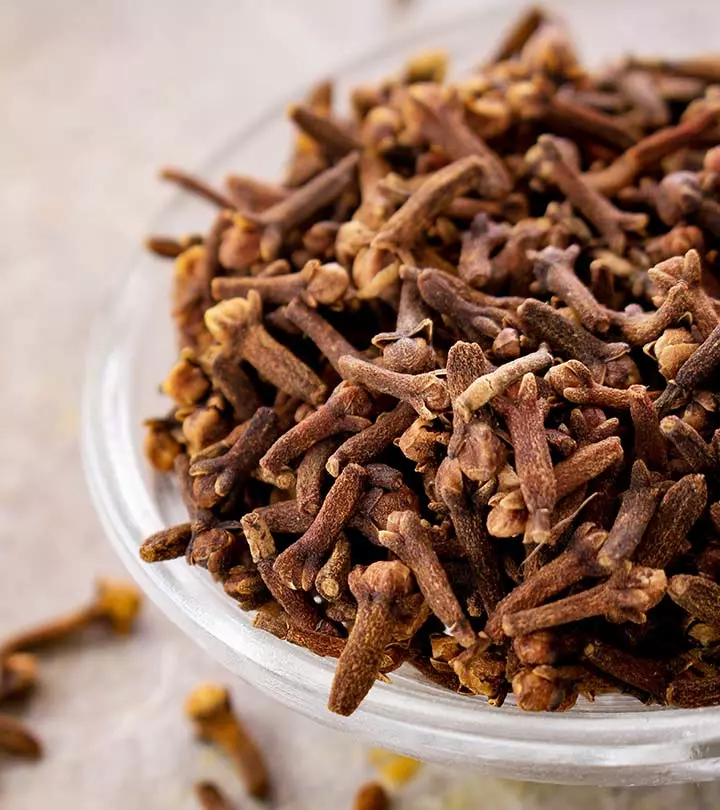
Image: Shutterstock
A few side effects of cloves might make you reconsider consuming them. Cloves are widely used in cooking and for flavoring foods and beverages. Also, it is a key ingredient in soaps, toothpaste, and cosmetics.
Everyone knows cloves have umpteen benefits. Smelling crushed cloves may relieve headaches and nausea. Despite the benefits, cloves can also be harmful in certain ways. For example, eugenol, a compound found in cloves, may cause allergic reactions (1).
This article examines the side effects of cloves, their safety, recommended dosage, and any potential drug interactions. Take a look below.
 Know The Flip Side: Cloves
Know The Flip Side: ClovesShort-Term Effects
Increased risk of bleeding due to blood thinning, lower blood sugar levels, and allergies.
Long-Term Effects
May be toxic and lead to fits, liver damage and in severe cases, coma.
Drug Interactions
May interact with blood-thinning medications and antiplatelet medications.
When To See A Doctor
In case of skin irritation, mouth irritation, erection issues, and low blood sugar levels (if you have hypoglycemia).
In This Article
What Are The Side Effects Of Cloves?
1. Can Increase Bleeding
Cloves can increase the risk of bleeding by enhancing the effects of blood-thinning medications, like Warfarin (2).
Cloves also interfere with other antiplatelet medications like aspirin, clopidogrel, dipyridamole, heparin, and ticlopidine. This also increases the risk of bleeding (3).
2. Might Lower Blood Sugar Way Too Much
Cloves help lower blood sugar (4). In a study, clove was found to sustain antihyperglycemici Drugs used to treat type 2 diabetes that lower blood glucose levels in the body and help control them. activity for a long time.
This is good news, especially for individuals dealing with diabetes.
But there is a possibility that the spice can lead to low blood sugar levels drastically, especially if you are on diabetes medications.
There is no data available to determine if cloves can lower blood sugar levels way too much. But if you are on diabetes medications, please talk to your doctor before taking cloves.
3. Can Cause Allergies
The eugenol in cloves can cause allergies. The compound reacts directly with body proteins and causes contact dermatitisi A common type of skin inflammation, caused when the body comes in contact with an allergen, which results in an itchy rash. . It can also cause localized skin irritation (1).
Cloves may also cause respiratory problems or allergies in a few individuals. This was especially true in the case of workers involved in the spice (clove) processing factories, who inhaled the spice dust. Irritation of the upper and lower respiratory tracts and impaired lung functioning were two of the major symptoms (5).
The eugenol in cloves might also irritate the oral cavity. Individuals consuming too much of it can experience sensations of warmth and pain in the mouth (6).
Jesse Feder, a registered dietitian, says, “Cloves can irritate soft tissue, such as the skin found in our mouth, and this can lead to mouth ulcers.”
4. Can Be Toxic
Clove (or the oil) toxicity has been documented in some instances. The oil was found to cause coma, fits, and acute liver damage (7). In the study, a 2-year-old boy administered with 5 and 10 ml of clove oil had slipped into a deep coma in 3 hours.
Though more research is being done on the toxicity of clove oil, there is information on essential oils in general – a group clove oil also belongs to. Essential oils, as a group, may cause fits, coma, renal failure, and even hypoglycemiai A common condition with excessively low blood sugar levels that causes hunger, tremors, and sweating. when used in excess (7).
In addition, cloves may affect sperm health. Isabella Bazzarro, a registered dietician, says, “Some limited data suggests cloves may have a negative effect on sperm health and motility.” She also adds, “One study found that clove oil (a component of cloves) had a significant negative impact on sperm movement and viability. Additionally, another study showed that consuming large amounts of cloves (more than 1 gram per day) was associated with reduced sperm count and motility. However, it’s important to note that these studies were relatively small, and more research is needed to confirm these findings.”
 Trivia
Trivia5. May Aggravate Dental Issues
Cloves are commonly known for their antimicrobial and analgesic properties, and they are often used as a natural remedy for toothaches. Eugenol, the active component found in cloves, provides temporary relief from dental pain (6). However, cloves may aggravate dental issues if used excessively or inappropriately.
Direct application of clove oil or powdered cloves on the gums and teeth can lead to chemical burns in the oral cavity, increasing sensitivity and causing further damage to the gums. Overall, it is crucial to use cloves in moderation and not think of them as an alternative to professional treatment. Consult a dentist in case you are experiencing persistent or severe dental problems.
Cloves have powerful properties. But like any other ingredient, they can cause serious effects if consumed in excess. Hence, it is essential to be aware of the acceptable dosage limits of clove.
How Many Cloves Can You Take In A Day?
According to the World Health Organization, the acceptable daily dosage of clove oil per day is 2.5 mg per 1 kg of body weight (8). Anything beyond this can cause complications.
 Trivia
TriviaInfographic: Side Effects Of Cloves To Watch Out For
Adding a few cloves to your meals can enhance them with that savory aroma and flavor. However, a little too much or overindulgence of its essential oil can adversely affect your health.
Take a look at the infographic below to acquaint yourself with its major side effects to avoid a possible trip to your doctor. Illustration: StyleCraze Design Team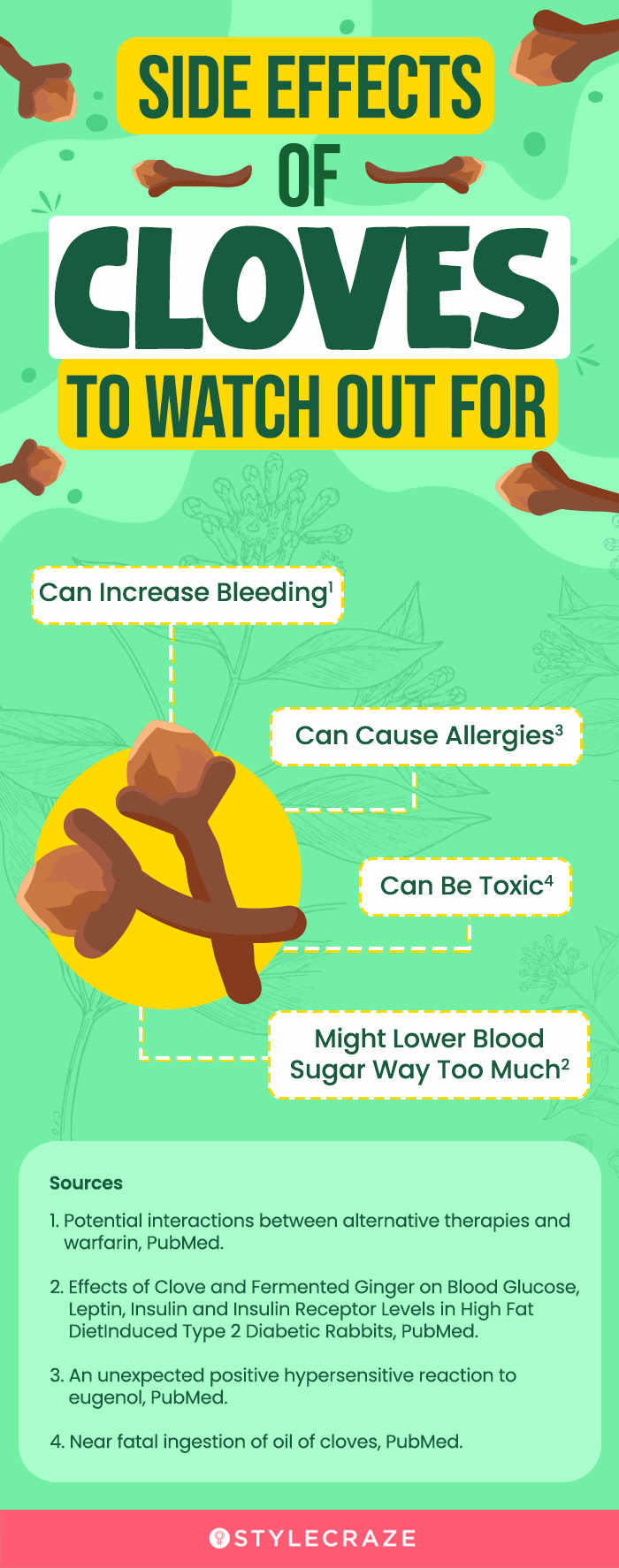
Cloves are known for their numerous benefits. They are used in many cuisines for their unique flavor and aroma. However, they also may increase the risk of bleeding by interacting with certain blood-thinning medications, like warfarin. They also may lower blood sugar way too much. Hence, caution is advised for individuals with diabetes. Cloves may also trigger localized irritation and respiratory allergies and may aggravate oral cavities too. Their oil may be toxic to a few sensitive individuals. If you have any underlying medical condition, consult your doctor before taking cloves.
Frequently Asked Questions
Can I drink clove water every day?
Yes, you can drink clove water every day, but in moderation. Drinking it once every day is ideal.
Is it good to chew cloves?
Yes, it is good to chew cloves. However, you should only consume the acceptable daily dose of 2.5 mg per 1 kg of body weight.
Can cloves make you sleepy?
Though there are not enough scientific studies to support this claim, many suggest using clove oil to induce sleep. You may apply 2-3 drops of clove oil to the forehead and massage it before going to bed for better sleep.
Does clove increase blood pressure?
No, clove does not raise blood pressure. In fact, it has potassium that helps control blood pressure (9).
Key Takeaways
- Clove may affect sperm health and motility.
- It can interact negatively with certain drugs like aspirin, heparin, and ticlopidine and blood thinning medications like Warfarin.
- The spice can also lead to hypoglycemia, dangerously lowering blood sugar levels.
- Clove has shown potential toxicity leading to coma, fits, and renal failure and acute liver damage.
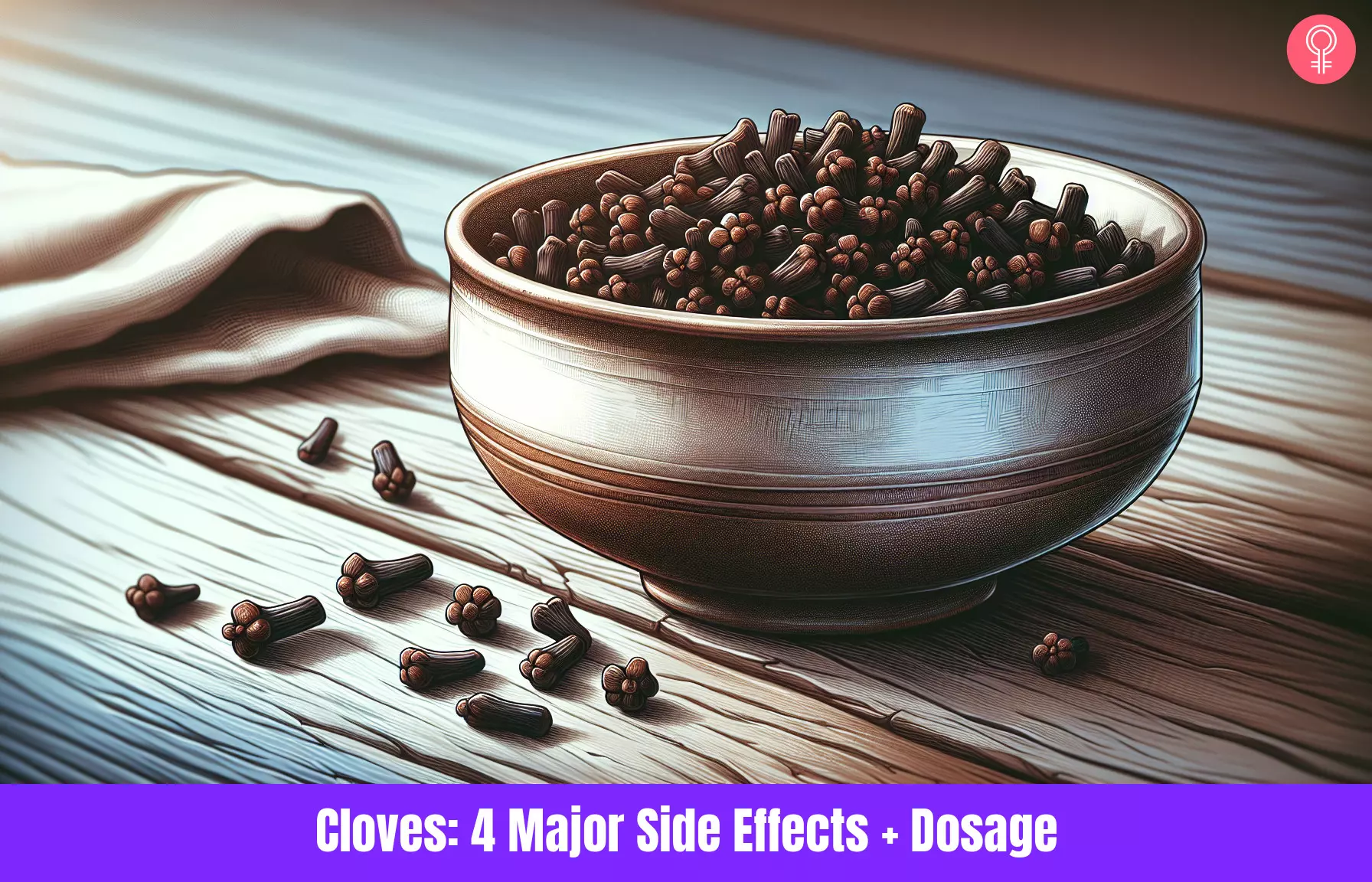
Image: Dall·E/StyleCraze Design Team
Consuming clove can have side effects. Learn more about the risks of consuming cloves, from nausea to liver damage, by watching this eye-opening video!
References
Articles on StyleCraze are backed by verified information from peer-reviewed and academic research papers, reputed organizations, research institutions, and medical associations to ensure accuracy and relevance. Read our editorial policy to learn more.
- “An unexpected positive hypersensitive reaction to eugenol” BMJ Case Reports, US National Library of Medicine, National Institutes of Health.
- “Potential interactions between alternative therapies and warfarin.” American Journal of Health-System Pharmacy, US National Library of Medicine, National Institutes of Health.
- “Clove oil” ScienceDirect.
- “Effects of Clove and Fermented Ginger on Blood Glucose, Leptin, Insulin and Insulin Receptor Levels in High Fat Diet Induced Type 2 Diabetic Rabbits.” Nigerian Journal of Physiological Sciences, US National Library of Medicine, National Institutes of Health.
- “Occupational exposure and respiratory health problems among nutmeg production workers in Grenada, the Caribbean” International Journal of Occupational and Environmental Health, US National Library of Medicine, National Institutes of Health.
- “Eugenol and carvacrol induce temporally desensitizing patterns of oral irritation and enhance innocuous warmth and noxious heat sensation on the tongue” Pain, US National Library of Medicine, National Institutes of Health.
- “Near fatal ingestion of oil of cloves” Archives of Disease in Childhood, British Medical Journal.
- “Clove: a precious spice” Asian Pacific Journal of Tropical Biomedicine, US National Library of Medicine, National Institutes of Health.
- “Molecular Basis of the Therapeutical Potential of Clove (Syzygium aromaticum L.) and Clues to Its Anti-COVID-19 Utility”, US National Library of Medicine, National Institutes of Health.
Read full bio of Sarah Spann
- Jesse Feder, RDN/LDN, is a Clinical Dietitian at the Memorial Regional Hospital. He is also a certified by the American College of Sports Medicine as a personal trainer (ACSM-CPT) and the National Strength and Conditioning Association as a Certified Strength and Conditioning Specialist (NSCA-CSCS).
 Jesse Feder, RDN/LDN, is a Clinical Dietitian at the Memorial Regional Hospital. He is also a certified by the American College of Sports Medicine as a personal trainer (ACSM-CPT) and the National Strength and Conditioning Association as a Certified Strength and Conditioning Specialist (NSCA-CSCS).
Jesse Feder, RDN/LDN, is a Clinical Dietitian at the Memorial Regional Hospital. He is also a certified by the American College of Sports Medicine as a personal trainer (ACSM-CPT) and the National Strength and Conditioning Association as a Certified Strength and Conditioning Specialist (NSCA-CSCS).
Read full bio of Arshiya Syeda
Read full bio of Aparna Mallampalli





